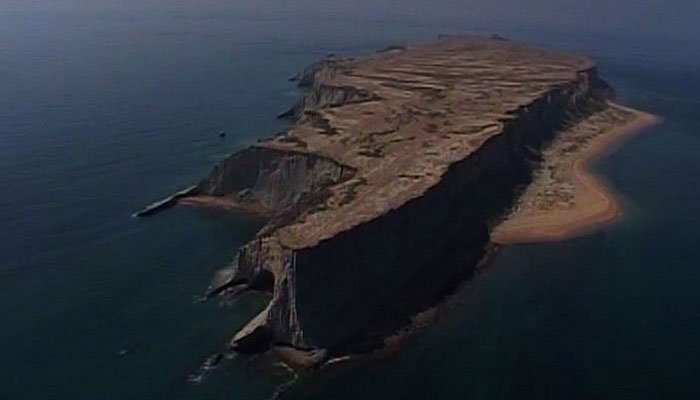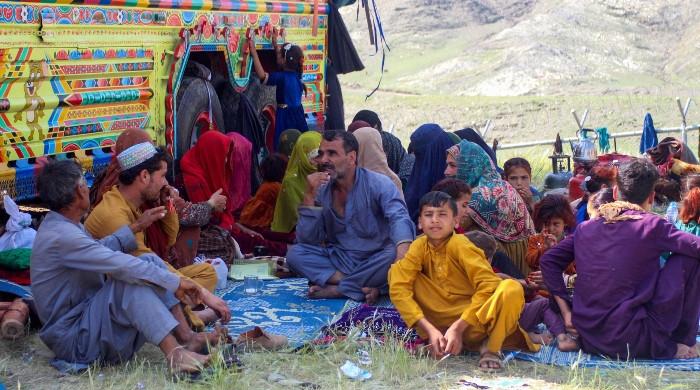WWF-Pakistan study finds 'very healthy' marine ecosystem around Astola Islands
Scuba divers expedition was taken as it was feared that the Astola Island “may be at risk”
December 15, 2020

- Latest expedition reveals amazing wildlife and healthy ecosystem along Astola Islands.
- Expedition was taken as it was feared that the Astola Island “may be at risk” ever since reports of coral bleaching near Churna Island had come forward.
- Expedition team finds coral and associated habitats “teeming with marine life”.
KARACHI: A team of scuba divers have found that a “very healthy and productive marine ecosystem” continues to exist around the Astola Islands despite the coral bleaching reported near the Churna Islands.
A WWF press release said on Tuesday that a team of PADI Certified Indus Scuba divers had declared the area healthy after a four-day expedition from December 3-6. It added that the expedition was taken as it was feared that the Astola Island “may be at risk” since abundant corals were found in the area along with the recent reporting of coral bleaching near Churna Island.
The WWF said that the divers “undertook surveys at important diving sites along Astola Island”. The team found that the coral and associated habitats were “teeming with marine life including important fishes, such as barracuda, trevallies, hot-lips as well lobsters, fan-worm, sea urchins and soft corals”.
Read more: Balochistan govt declares Astola Island ‘marine protected area’
The expedition also found out rich marine life in a ship wreck located about 4 km off Astola Island. It also found a “number of green turtles nesting and laying eggs on the island’s beaches and observed juvenile turtles hatching and returning to the sea”.
Commenting on the report, WWF-Pakistan’s Technical Advisor Muhammad Moazzam Khan said that Astola Island is the first Marine Protected Area (MPA) of the country.
The WWF official noted that the area is known to be “rich in marine biodiversity and have a healthy ecosystem”.
“It was once the largest nesting ground of the great crested tern (Thalasseus bergii) globally, however, due to the introduction of feral cats and rats, nesting colonies have dwindled in the past few decades,” lamented Moazzam.
Read more: WWF-Pakistan warns fragile corals face threat of bleaching in Pakistan
Moazzam said that it was a “sigh of relief” that there were “no reports of coral bleaching near Astola Island” as it would have seriously affected the coral and associated marine life.
“In contrast to Churna Island, the existence of healthy coral habitats near Astola Island is due to negligible industrial activities in the vicinity of the Astola Island,” he added. This can also partially be attributed to the declaration of the island as an MPA in June 2017.











